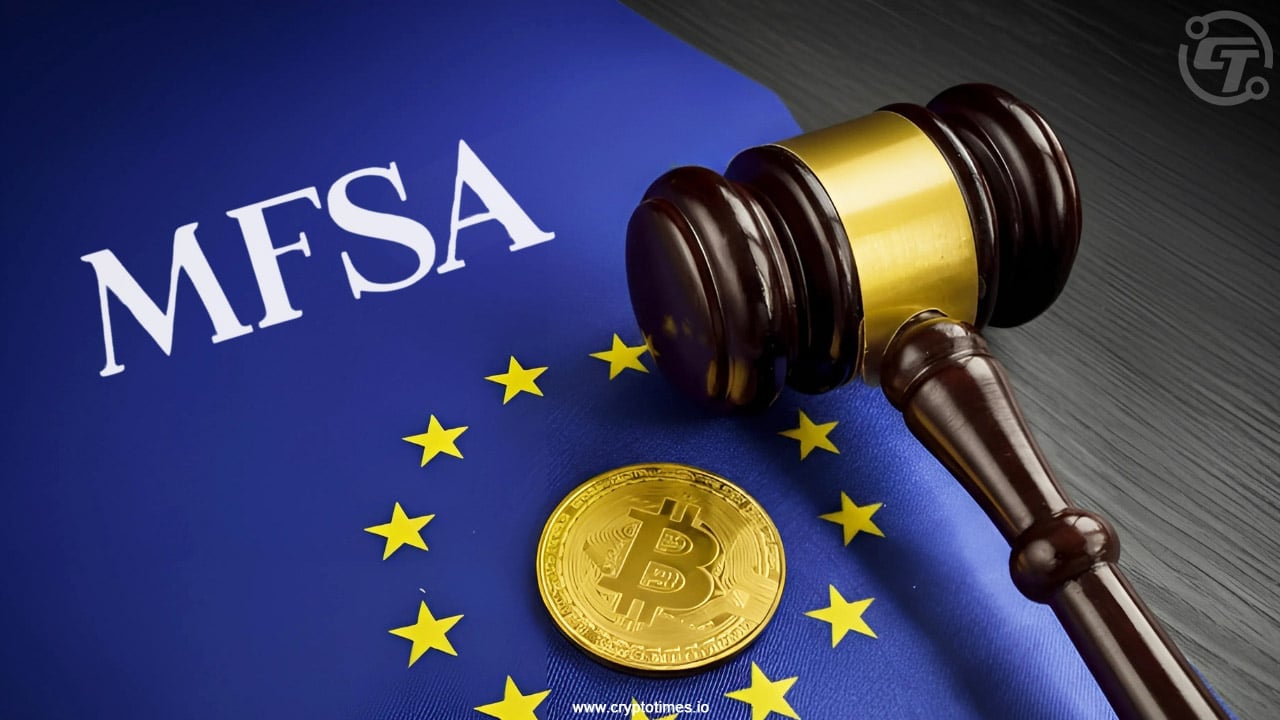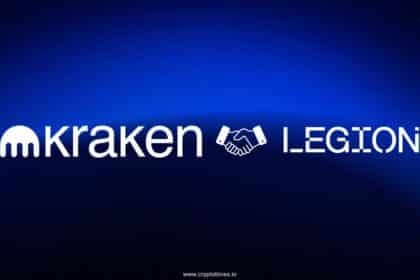France, Italy, and Austria want ESMA to directly police major crypto firms, citing weak enforcement of the EU’s new MiCA rules. The move, however, faces pushback from Malta, which argues centralization risks adding red tape and undermining Europe’s edge in digital assets.
Marie-Anne Barbat-Layani, head of France’s financial watchdog AMF, said inconsistencies in how countries apply MiCA are enabling “regulatory shopping” by crypto platforms. She warned that France could deploy an “atomic weapon” by challenging licenses granted in lighter jurisdictions, a threat that would disrupt the EU’s passporting system allowing firms approved in one country to operate throughout the bloc.
France rallies allies, Malta resists scrutiny
France, joined by Italy and Austria, is pressing for ESMA to assume direct oversight of major crypto firms, arguing it is needed to close offshore loopholes, tighten cybersecurity audits, and centralize token filings. Their joint paper, shared with Reuters, reflects frustration that MiCA’s rollout has exposed weak spots in national supervision.
Malta has become a flashpoint after ESMA reviews flagged its licensing process for insufficient risk checks, even as its regulator, the MFSA, granted approvals to giants like Coinbase and Gemini, a move many critics fear could make the island a gateway for laxer compliance across the EU.
The coalition is pushing to rewrite MiCA with sharper teeth, tougher limits on non-EU crypto activity and stricter cybersecurity rules. Their demands echo ESMA chief Verena Ross’s call for more centralized power, but the push is already inflaming resistance. Several member states bristle at ceding control to Brussels, exposing just how fractured Europe remains over who should truly police the future of digital assets.
The clash reveals a fault line at the heart of Europe’s crypto regulation: whether the EU should empower ESMA to police the industry from Paris, or leave authority with national regulators like Malta. With billions at stake and global platforms watching, the battle over who gets to call the shots could define the future of Europe’s digital asset market.
Also read: Bitcoin up 99% in yearly gains despite altcoin dominance














